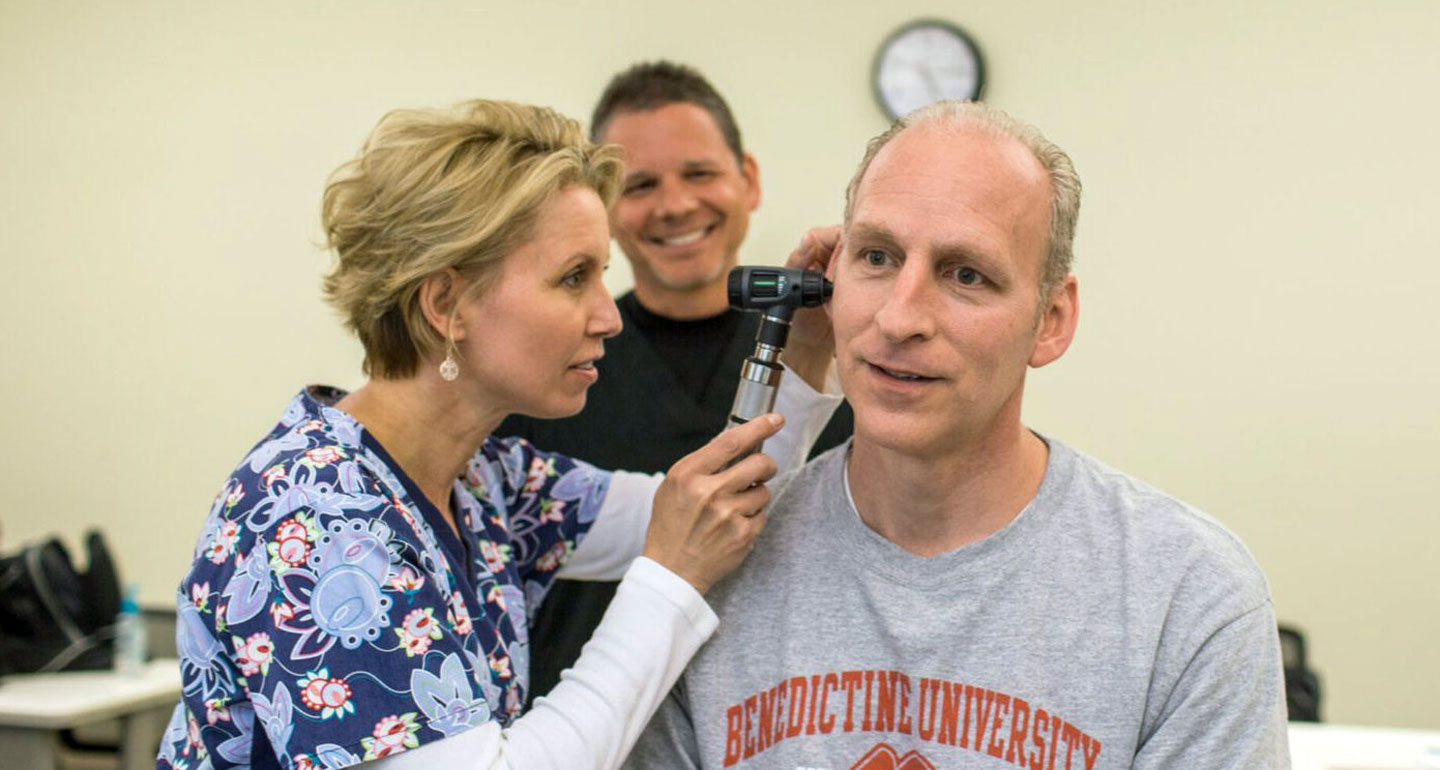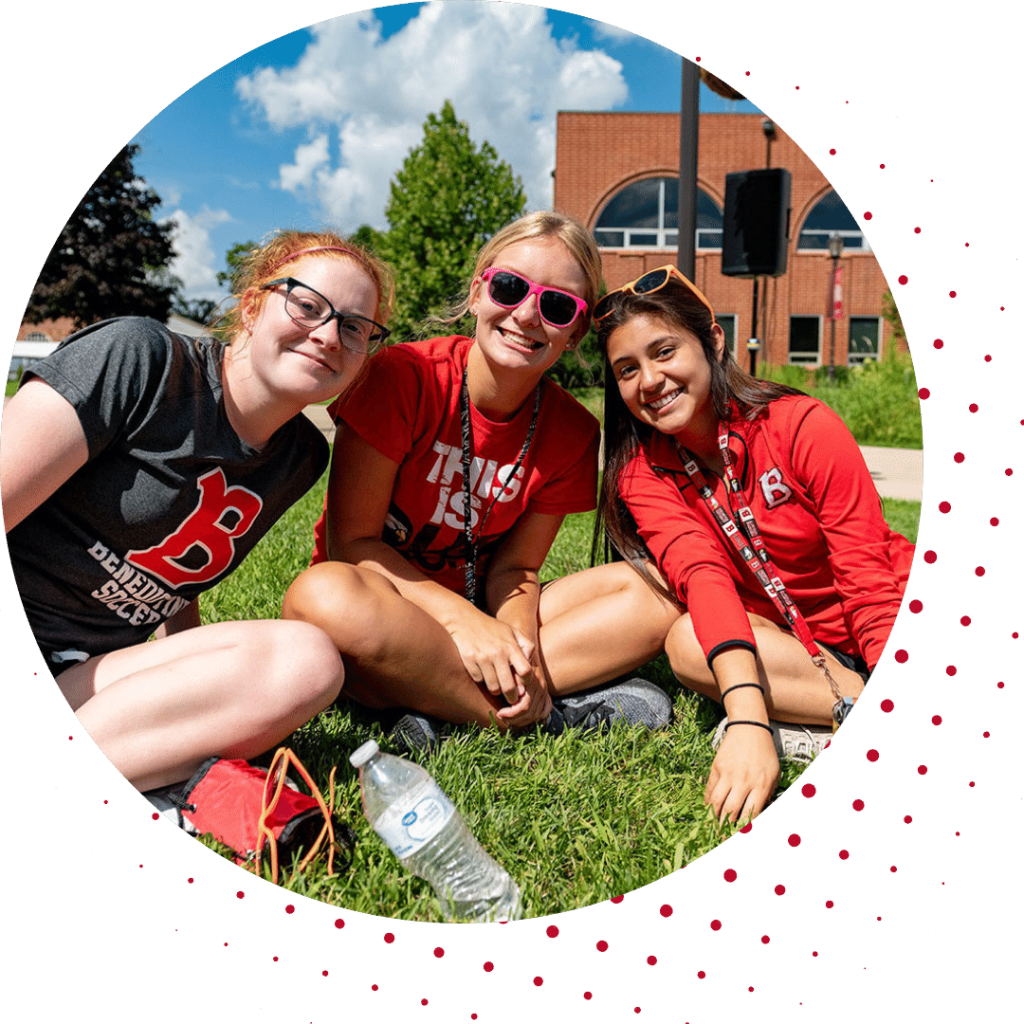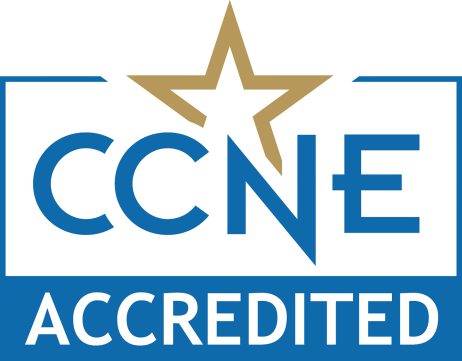
Nursing and Health
Benedictine University’s Nursing Department
At BenU, we embrace an inclusive academic atmosphere, striving for both academic and professional brilliance, deeply rooted in our Catholic and Benedictine heritage. Our mission emphasizes a commitment to comprehensive learning, impactful scholarship, and fostering values of truth and justice. As students and practicing Registered Nurses, you play a vital role in upholding these principles, recognizing the significance of continual learning and dedicated service.
Our faculty in the Benedictine University’s nursing department are not just educators; they are seasoned professionals with diverse backgrounds in clinical practice, education, and leadership within the nursing sector. Their dedication to promoting health equity and supporting the diverse needs of RNs is unwavering. Our RN to BSN students especially appreciate the tailored support from our faculty and staff, the affordability, and the flexibility designed to accommodate the dynamic lives of working RNs aspiring for professional growth. Our courses are conveniently available online.
Furthermore, our online MSN program is crafted to elevate nurses nationwide into advanced roles, specializing in education and nurse executive leadership. The program is celebrated for its interactive faculty involvement, adaptable scheduling, nationwide peer interaction, and the community spirit fostered in our online learning spaces. The MSN program integrates online learning with essential on ground clinical/practicum experiences.
Excitingly, we launched a DNP Program in Executive Leadership, inspired by the growing interest of our alumni who are eager to elevate their expertise. This doctoral program is not only anchored in our Benedictine values, but its competency-based curriculum aligns to the American Association of Colleges of Nursing (2021) The Essentials: Core Competencies for Professional Nursing Education. We eagerly invite both our alumni and new master’s prepared nurses to join us in this exceptional journey of learning and leadership.
Nurturing Students On the Path to Excellence
Whatever challenges you’re facing, we’re here to support you.
Academic Struggles
College is hard work, and sometimes giving everything you’ve got on your own isn’t enough. When school becomes overwhelming, we can connect you with the right people and organizations to get you back on track.
Social Support
If you’re struggling to connect with others in the BenU community, we can help you find more ways of getting engaged on campus–while keeping you in your comfort zone/socially safe.
Mental Health Struggles
If you’re feeling stressed, anxious, or overwhelmed in your academic or personal life, we can connect you with a qualified mental health professional who can help you achieve a more balanced mindset.
Physical Wellbeing
With the demands of school, physical health can often suffer. If you need help getting your health back on track, our Wellness Center can provide primary care, preventative services, and personalized wellness plans to achieve optimal health and wellness.


Mission
The Department of Nursing and Health is committed to a comprehensive learner-centered education grounded in Benedictine values and the Catholic intellectual tradition. Through excellence in teaching, scholarship, and service, our graduates are prepared to transform healthcare through nursing practice and advocacy for the needs of local, national, and global communities.

Vision
The Department of Nursing and Health (DONH) aspires to be nationally recognized for advancing nurses as transformational leaders who are grounded in Benedictine values, committed to living lives of purpose and advocating for the common good.
More Information on Benedictine University’s Nursing Department

Commission on Collegiate Nursing Education
The Baccalaureate Degree in Nursing Program and Master’s Degree in Nursing Program at Benedictine University are accredited by the Commission on Collegiate Nursing Education (CCNE), 655 K Street NW, Suite 750, Washington D.C., 20001, (202) 887-6791.

Sigma Lambda Upsilon-at-Large Chapter
The Sigma Lambda Upsilon-at-Large Chapter is a combined chapter from Benedictine University and Aurora University.
Sigma is an international community of nurses, dedicated to the advancement of knowledge, teaching, learning, and service through the cultivation of communities of practice, education, and research.
Qualified students are invited to join the combined chapter each year, with an annual induction ceremony that alternates hosting duties between the two universities.
Review membership classifications and requirements.
For more information, visit the Sigma membership website.

Westlake Foundation Scholarship
The Westlake Foundation Scholarship (WFS) provides financial support for prospective students to pursue their Nursing degree at Benedictine University. Benedictine is classified as an institution serving under-resourced populations and as such, we expect to enhance recruitment of a diverse student population and first-generation college students who will benefit from the Scholarship. Ask your counselor about how to apply after you’re admitted to your program. View the Scholarship page.
